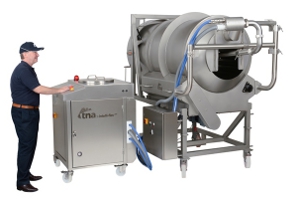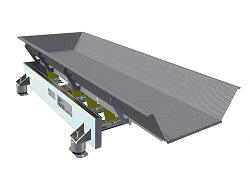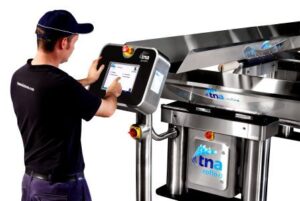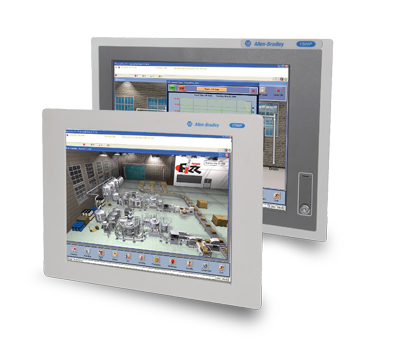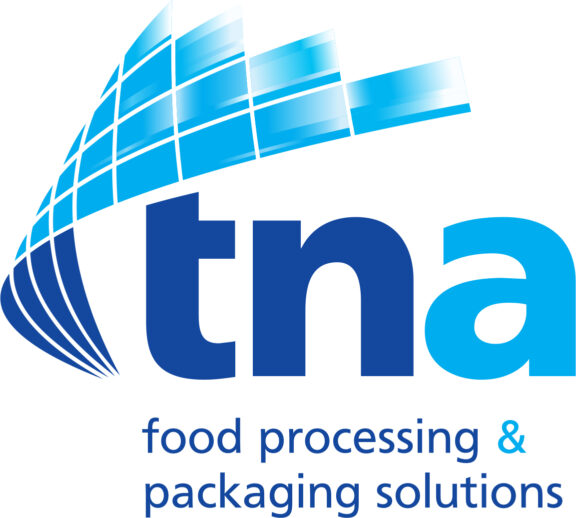Food Manufacturing: Five Trends to Watch in 2023
food manufacturing | 6 mins read
December 6, 2022

From the global pandemic and geopolitical unrest to energy & climate crises and supply chain disruptions, food manufacturers have been continuously challenged in the past years – striving to remain profitable and deliver high-quality products to loyal consumers. Meeting growing market demands remains high on the agenda, with the global food sector forecasted to grow annually by 6.72% (CAGR 2022-2027), up from an impressive US$8.66tn in 2022 1. How can food manufacturers maintain a healthy bottom line and stay competitive in 2023 and beyond? We believe that the five key trends outlined below will continue to dominate the food market in the months and years to come. Read on to learn how smart processing and packaging technologies can help brands enhance productivity and contribute to a greener, more sustainable future.
1. Sustainability
Why it is important: The past years prompted consumers to re-evaluate their purchasing and consumption habits. As a result, more and more consumers are looking for sustainable products and processes that help them lessen their environmental impact and contribute to a Circular Economy. Furthermore, COP27 – UN convention on climate change held in Egypt this month – put food at the heart of the climate dialogue and action. With almost one third of global greenhouse gas emissions coming from the food system, transforming food production and consumption is critical in tackling the climate crisis.
What can be done: Working with an experienced solution provider can help food producers stay on top of technological innovations and get the most out of each line component – optimising processes to drive efficiencies and protect the environment. Advanced control and monitoring systems, which are often included as standard with today’s food processing equipment, can help minimise energy and material usage. For instance, they can help tightly control the temperature and oil levels within frying machines, reducing energy consumption and waste.
2. Resource optimisation
Why it is important: To offset the rising energy costs and environmental impact, the food industry is concentrating on resource efficiency, streamlined production processes and reduced energy use. The issue is amplified by the ongoing supply chain bottlenecks and scarcity of raw materials. It is not surprising that food manufacturers are turning to equipment providers to help them improve their production processes.
What can be done: When it comes to resource management, we always recommend brands focus on making small, incremental changes that add up to meaningful improvements in waste reduction and efficiency. The latest computerised equipment operating systems offer many advantages when it comes to building more sustainable food processing operations. Intelligent sensing equipment, such as flow meters, motion sensors and kWh meters, for instance, allow operators to monitor energy consumption across the whole plant and generate detailed energy reports to identify areas for improvement. Smart features within the processing and packaging machinery itself can also help cut power usage. The latest tna robag® vertical form fill and seal (VFFS) packaging system, for example, is capable of reducing electricity consumption by up to 20% by combining improved productivity with intuitive energy saving modes.
3. Digitalisation
Why it is important: The global pandemic prompted a shift toward digitally enhanced operations, utilising remote maintenance, Artificial Intelligence (AI), Virtual Reality (VR) and Augmented Reality (AR) technologies. Food producers can now have full visibility into production lines, connect virtually in real time from anywhere and remotely service equipment. Harnessing the latest developments in digital technology improves efficiencies, safeguards operations and future-proofs companies from future shocks.
What can be done: To stay competitive, food manufacturers should explore remote service support, which eliminates the wait for on-site visits from engineers to resolve issues. For example, tna remote assist service, powered by the Microsoft HoloLens 2 headset, leverages AR technology to allow tna engineers to connect and collaborate with customers virtually in real-time and remotely guide machine maintenance, installation, training and servicing. VR technologies allow food manufacturers to create a digital twin – a digital model of their physical production line. This means operators can test potential settings changes on the virtual imitation prior to implementing them, enhancing line efficiency while reducing potential risk of disruption to manufacturing processes in the future.
4. Automation
Why it is important: 60% of companies report that labour shortages are extremely impactful on their operations, according to PMMI. As a result, food producers are seeking to adopt automated solutions to ensure continuous and efficient production, while also enabling personnel to move away from repetitive tasks into more skilled roles.
What can be done: Automation comes in different forms and shapes – from simplified graphic user interfaces and next-generation EtherCat systems that automate motion, to hardware such as sensors, transducers, encoders and I/O modules. Working with a supplier with a proven track record in automating food plants allows the right approach to be selected to support productivity and output quotas and ultimately ensure operational profitability. For example, the latest tna auto-splice 3 enables automatic splicing of the packaging film, with no downtime or interruption to the packaging process, helping manufacturers maximise throughput and achieve faster, smoother film changeovers.
5. Social Impact
Why it is important: The Global Data report on packaging states that 1 in 4 consumers surveyed globally reported a brand supporting social causes as an essential factor when purchasing goods. Consumers will continue to scrutinise businesses and their supply chains and will favour companies that use their profits for good.
What can be done: Food companies will be judged based on supply chain ethics, therefore increasing transparency and traceability is critical, as well as close collaboration between industry players, employees and legislators. Supporting communities in regions where companies operate is another important factor for socially aware consumers. We are proud that our sustained success allows us to give back to the larger international community via the Nadia and Alf Taylor Foundation. People, Planet and Prosperity are our core aims, and one of the foundation’s key focus areas is the education of children in the regions in which we operate. To learn more about the philanthropic work of the Nadia and Alf Taylor Foundation and to get involved, please visit www.nadiaandalftaylorfoundation.org.















